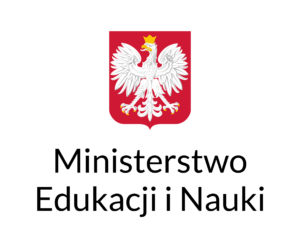The library of the Institute fulfils the role of the generally accessible community scientific library in the domain of operational research and related areas. It provides service to the scientific community of the Polish Academy of Sciences and other scientific centres from the whole world. The Library of the Institute is the only institution in Poland, making available the literature from the broadly meant systems domain to scientists, Ph.D. and graduate students.
About the Institute
SRI PAS
Thus, in the domain of modern tools for systems analysis, the research conducted concerns, in particular, elaboration of algorithms of mathematical modelling, optimization and control, methods of statistical modelling, as well as modelling and processing of imperfect information. In the area of modern computer science methods investigations are carried out related to knowledge-based systems, intelligent information retrieval systems, computational intelligence, artificial intelligence, decision support systems, with special emphasis on preference modelling, and the Internet of Things. The application-oriented studies concern the very important questions, associated, for instance, with modelling of environmental pollution emission processes, pollution transport and abatement, estimation of resulting risk for human health, but also with computer-based systems, assisting the management of pollutant emissions. Studies are conducted, as well, dealing with uncertainty of greenhouse gases emissions, the possibilities of decreasing this uncertainty and of accounting for it in the emission permit trading and policy making. Research is carried out, concerning management of energy in electric power grids with dispersed energy generation, including alternative energy sources. Important fields of study at the Institute are constituted by the questions of risk analysis, system reliability, sustainable development, etc.
Investigations, conducted at SRI PAS, are closely associated with the essential needs an challenges, arising in the context of the national economy. The fundamental and methodological research results cause that the teams at the Institute are capable of effectively applying the advanced approaches for solving the practical problems from numerous domains of life, characterized by high complexity. One should mention, first of all, the complicated problems, related to the environment, its resources and its protection. This applies, in particular, to modelling and control of water supply and sewage systems, including water treatment and purification, to modelling of air pollution and transport processes, together with analysis respective uncertainty, to computer-based systems of energy management in active grids, to modern decision support systems, as well as systemic risk and reliability analyses, modelling of various aspects of sustainable development, or of pathways towards the knowledge-based economy, and many other complex issues.



